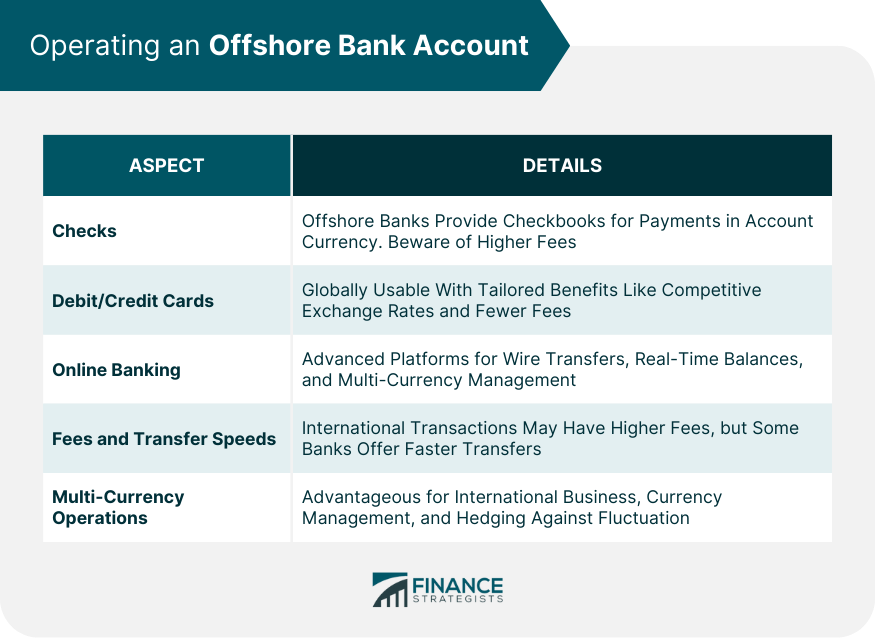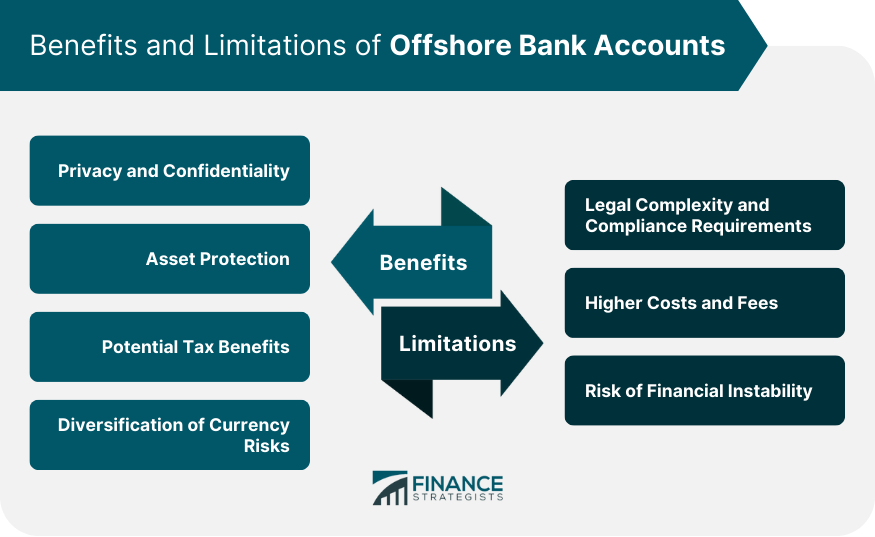Unlock Worldwide Opportunities with Offshore Company Formation
Unlock Worldwide Opportunities with Offshore Company Formation
Blog Article
Recognizing the Legal Effects of Offshore Company Development

Lawful Structure for Offshore Companies
When establishing an overseas firm, understanding the legal framework regulating its development and procedure is essential for compliance and danger monitoring. Offshore firms run under specific legislations and guidelines that vary from those of onshore entities. The lawful structure for overseas business normally consists of stipulations for firm enrollment, investor demands, supervisor duties, and tax obligation obligations.
Company registration involves submitting the necessary documentation to the appropriate regulatory authorities in the chosen jurisdiction. This procedure often requires detailed details concerning the firm's framework, shareholders, and designated activities. Additionally, offshore firms must follow certain shareholder requirements, such as maintaining a register of investors and maintaining this information up to day.
Directors of overseas companies have fiduciary obligations to act in the best passions of the company and its shareholders. By sticking to the legal structure controling offshore firms, businesses can operate with self-confidence while reducing lawful threats.


Tax Obligation Ramifications and Regulations
Understanding the tax obligation ramifications and policies is critical when considering the facility and operation of an offshore firm. Taxes play a crucial function in the decision-making process of whether to establish up an offshore entity. Offshore firms are commonly subject to desirable tax regimes, supplying decreased or absolutely no tax obligation prices on foreign-earned income. It is vital to browse these tax advantages carefully to make sure compliance with both the legislations of the overseas jurisdiction and the home country.
Tax laws for offshore firms vary dramatically throughout territories, and it is critical to seek expert advice to understand the specific needs and responsibilities. Extensive knowledge of tax obligation legislations and regulations, as well as correct tax planning, are crucial to make sure the compliant and effective operation of an overseas business.
Conformity Demands and Coverage
Making sure compliance with regulative requirements and maintaining precise coverage are necessary aspects of taking care of an offshore business efficiently and transparently. Offshore business must stick to the laws and guidelines of both the territory in which they are integrated go and any kind of other appropriate territories where they carry out organization. Compliance demands typically include submitting yearly returns, financial declarations, and tax obligation reports with the proper authorities. Failing to meet these responsibilities can cause penalties, fines, or also the revocation of the company's enrollment.
Along with governing conformity, overseas firms are often subject to reporting requirements to guarantee transparency and avoid unlawful activities such as money laundering or tax evasion. Reporting responsibilities may involve disclosing information about the firm's possession framework, monetary activities, and beneficiaries. This info may need to be shared with regulative bodies, tax obligation authorities, or various other governmental agencies, depending upon the territory.
Keeping precise and thorough records is important for demonstrating compliance and reacting to any questions or audits effectively. Offshore business ought to implement durable reporting systems and inner controls to make sure that they satisfy all legal needs and run with integrity.
Possession Security and Privacy Rules
In the realm of offshore business development, an essential factor to consider is the interplay in between asset defense strategies and personal privacy legislations. By structuring properties within an overseas firm, individuals can guard their wealth and expand their holdings throughout different legal frameworks. Eventually, recognizing the detailed partnership in between property security techniques and privacy laws is critical when taking into consideration overseas firm development.
Threats and Challenges to Think about
When venturing right into overseas business development, prudent factor to consider of prospective risks and obstacles is important for notified decision-making and tactical preparation. One significant risk to think about is the possibility of increased examination have a peek at these guys from governing authorities as a result of the viewed association of offshore entities with tax obligation evasion and money laundering. This heightened analysis can cause considerable compliance requirements and prospective legal implications otherwise effectively attended to. In addition, political instability or changes in overseas jurisdictions can pose a danger to the connection of operations and the defense of properties held by the overseas business.
Challenges might additionally arise worrying the complexity of overseas business frameworks and the requirement for expert lawful and monetary recommendations to browse the intricate regulative structures of various territories (offshore company formation). Preserving conformity with differing international regulations and policies, along with possible visit site language barriers and cultural distinctions, can further complicate the offshore firm development procedure. It is critical to be knowledgeable about these dangers and challenges before waging offshore company formation to mitigate possible risks and make sure a smooth and legitimately sound facility
Verdict
To conclude, offshore firm formation entails browsing complex legal structures, tax obligation ramifications, conformity needs, and personal privacy regulations. Recognizing these aspects is vital for minimizing obstacles and threats related to overseas company procedures. It is important for individuals and companies considering offshore firm formation to seek specialist support to make certain compliance with guidelines and to protect their assets successfully.
The legal framework for overseas firms typically includes provisions for company registration, investor demands, director responsibilities, and tax obligation responsibilities.
Supervisors of overseas business have fiduciary duties to act in the best interests of the business and its shareholders. By sticking to the legal framework governing overseas companies, companies can run with self-confidence while decreasing legal threats.
In addition, political instability or changes in offshore jurisdictions can position a danger to the continuity of operations and the security of assets held by the overseas firm. - offshore company formation
In conclusion, offshore firm development entails navigating intricate lawful frameworks, tax obligation implications, conformity requirements, and privacy laws.
Report this page